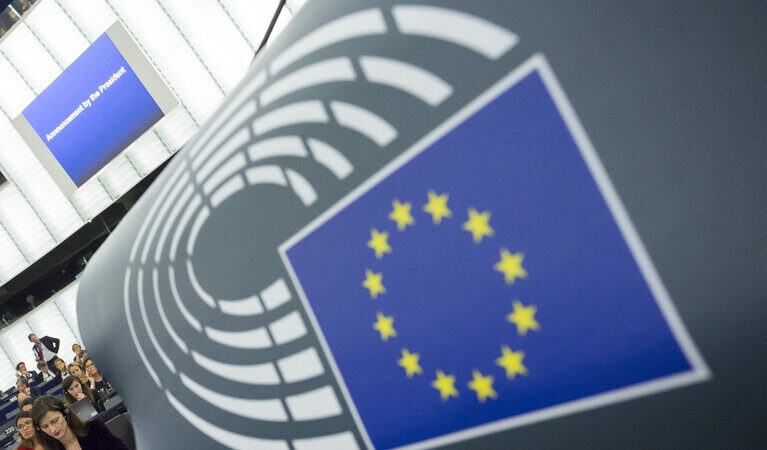As European citizens prepare to vote in the upcoming European Parliament elections on 8 June, the EU institutions are ramping up efforts to counter disinformation and information manipulation that aim to undermine the integrity of the electoral process.
Disinformation actors within and outside the EU have been actively spreading false or misleading information to deceive voters, discourage participation, and sow division and polarisation.
According to the European Commission’s Eurobarometer survey, 81% of EU citizens view the spread of false or distorted information as a threat to democracy.
In recent months, fact-checkers and civil society organisations have exposed numerous attempts to mislead voters through various tactics.
These include disseminating false information about voting procedures, discouraging voter turnout, and hijacking controversial topics to polarise public discourse. Disinformation actors have also employed networks of fake accounts and impersonated media outlets to manipulate the information environment.
A recent investigative report by Finnish software company Check First, dubbed “Operation Overload,” revealed how suspicious accounts contacted over 800 fact-checkers and media outlets in 75 countries, attempting to overload them with false information and drain their resources.
For years, the EU institutions have been at the forefront of addressing foreign information manipulation and interference, including disinformation.
Their efforts involve close collaboration with member states, media, fact-checkers, and civil society and cooperation with like-minded partners outside the EU through forums like the G7 Rapid Response Mechanism.
The EU’s comprehensive response to disinformation includes developing policies to strengthen democracies, making it more difficult for disinformation actors to misuse online platforms, and protecting journalists and media pluralism.
Awareness-raising campaigns, media literacy initiatives, and fact-checking efforts are also underway to build societal resilience against disinformation.
During the current mandate, the EU has adopted important legislation such as the Digital Services Act (DSA), the AI Act, and the Act on Transparency and Targeting of Political Advertising.
The DSA, already in force, requires platforms to assess and mitigate risks related to protecting electoral processes, including disinformation and AI-generated content.
The European Commission has already opened proceedings against Meta (Facebook and Instagram) and X (formerly Twitter) for potential DSA violations related to election integrity.
The Commission is also in continuous dialogue with platforms to ensure effective implementation and compliance with the DSA.
As the European elections approach, the EU institutions remain committed to defending the integrity of the electoral process and upholding European fundamental values, such as freedom of expression and opinion.












